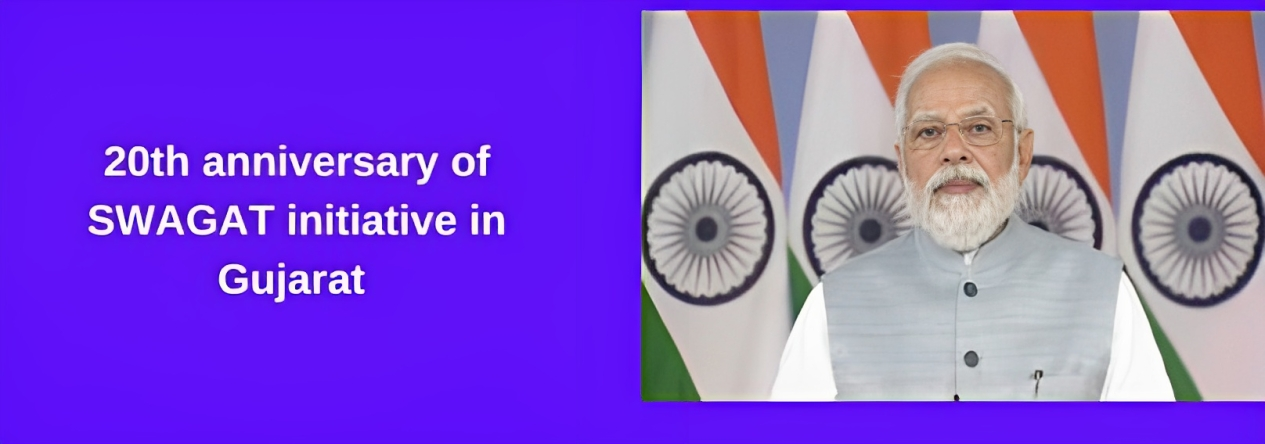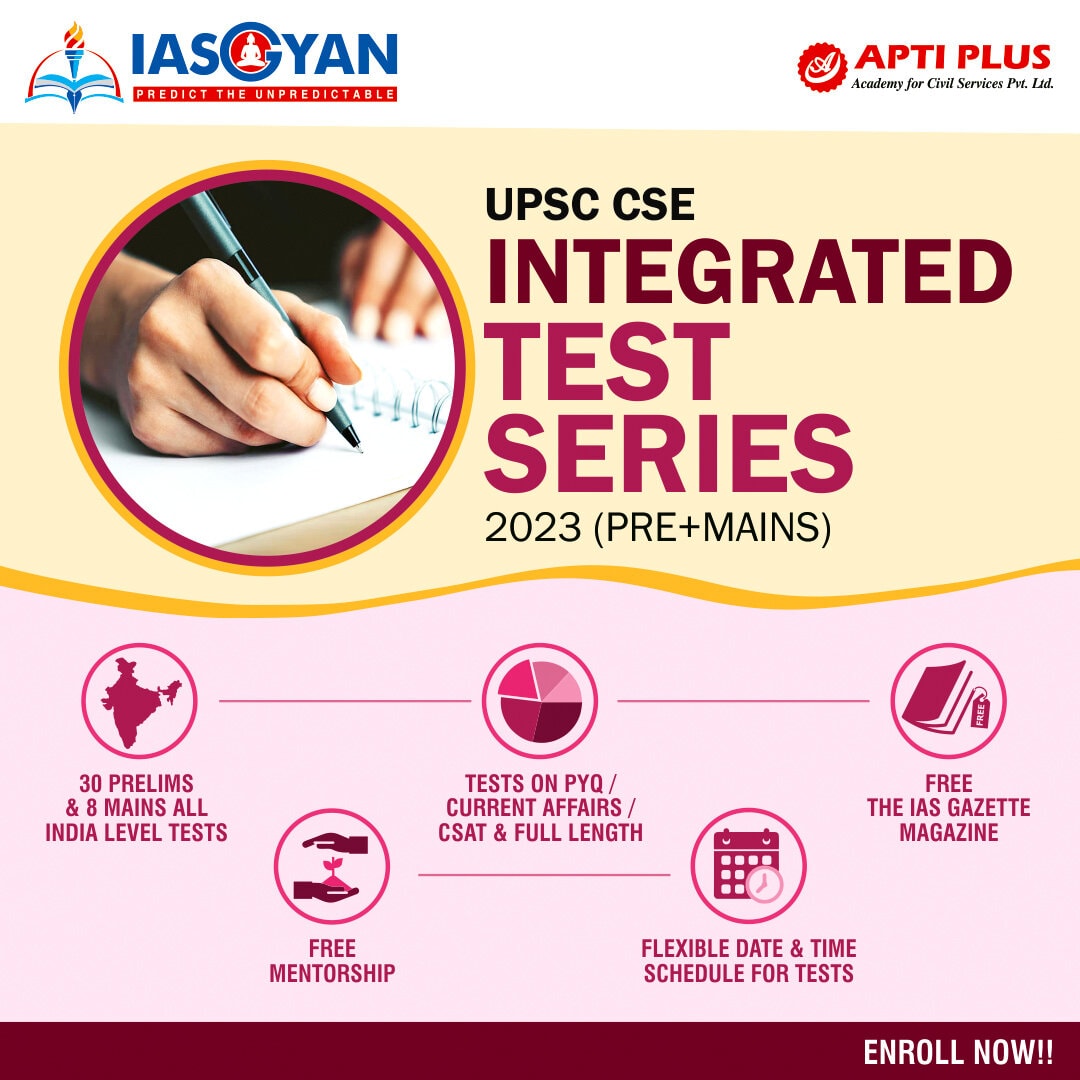Description

Copyright infringement not intended
Context: On April 27, Prime Minister will attend a programme commemorating the 20th anniversary of the SWAGAT initiative in Gujarat.
Details
SWAGAT
- SWAGAT (State Wide Attention on Grievances through Application of Technology) is a tech-based grievance redressal programme.
- It was launched by Prime Minister Narendra Modi in 2003 when he was the Chief Minister of Gujarat.
- It acts as a bridge between the citizens and the government using technology by solving their day-to-day grievances in a quick, efficient and time-bound manner.
- It allows the common man to address his problems directly to the Chief Minister.
- Every month on the 4th Thursday, the Chief Minister meets with citizens to discuss their grievances.
Objectives
- Serve as a technological bridge between citizens and the government by resolving their day-to-day grievances in a timely, efficient, and effective manner.
- Resolving problems in a paperless, transparent, and hassle-free manner.

Working Model
- The SWAGAT Online Programme has four components:
- State SWAGAT
- District SWAGAT
- Taluka SWAGAT
- Gram SWAGAT
- The Chief Minister attends public hearings during State SWAGAT.
- The District Collector is in charge of District SWAGAT.
- The Mamlatdar and a Class-1 Officer head the Taluka SWAGAT.
- In Gram SWAGAT, citizens file the application from the 1st to the 10th of every month to the Talati/Mantri.
- A Lok Fariyad program is also operational for citizens wherein they file their grievances at the SWAGAT Unit.
Significance
- SWAGAT has brought about a transformative impact in the lives of people and has become an effective tool to solve woes in a paperless, transparent and hassle-free manner.
- It has enhanced ease of living by ensuring grievance redressal in a quick, efficient and time-bound manner.
- It has improved accountability and responsiveness of public service delivery.
- All application proceedings are available online. Until now, more than 99% of all grievances have been settled.
Conclusion
- SWAGAT has been recognised nationally and internationally as a best practice in e-governance. It won the United Nations Public Service Award in 2010 for improving transparency, accountability and responsiveness in public service.
- It is a unique initiative that reflects the Prime Minister's vision of using technology to promote good governance and empower citizens. It is a model that can be replicated by other states and countries to improve public service delivery and citizen satisfaction.
Must Read Articles:
Grievance Appellate Committee: https://www.iasgyan.in/daily-current-affairs/grievance-appellate-committee
Department of Administrative Reforms & Public Grievances (DARPG): https://www.iasgyan.in/daily-current-affairs/department-of-administrative-reforms-and-public-grievances-darpg
|
PRACTICE QUESTION
Q. “SWAGAT initiative” was recently in the news, it is related to;
(A) The welfare of Non-resident Indians (NRI)
(B) Permitting foreign universities in India
(C) Grievance redressal programme
(D) Rescue Mission of Government of India in Sudan
Answer: C
|

https://www.pib.gov.in/PressReleasePage.aspx?PRID=1919513











